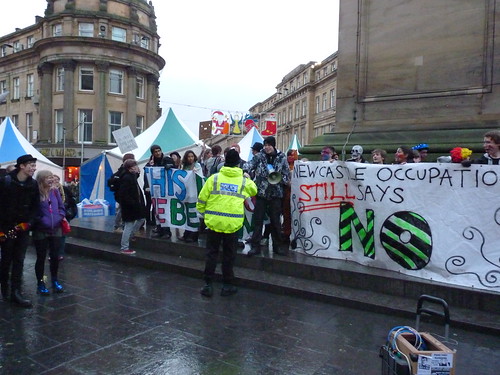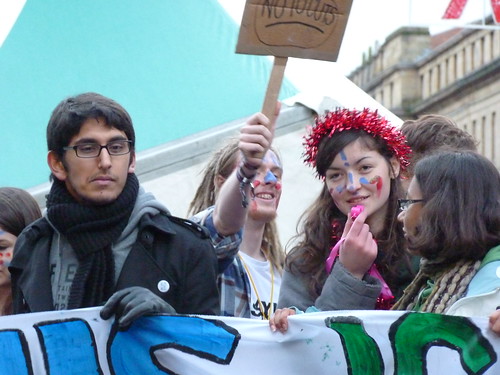The following exchange in the House of Commons was last week publicised on Michael Gove – the Education Secretary’s – website:
Mr Edward Leigh (Gainsborough) (Con): The previous Labour Government tried in their last Bill to bring in compulsory sex education. The Bill before us is an excellent Education Bill, which I fully support, because it is all about devolving power to schools. Will my right hon. Friend assure me that he will resist any amendments on Report that would bring in compulsory sex education for primary schools?
Michael Gove: I am grateful to my hon. Friend for, as ever, leaping straight on to sex-I know that it is a subject of great interest to him and to many in this House. I always feel that one should discuss money before discussing sex, because the one and the other are so intimately connected in the minds of so many Members. That is why I was so anxious to ascertain whether Opposition Members were proud of the economic record they bequeathed. I am happy to reassure my hon. Friend that I will not accept amendments in Committee that seek to make the curriculum any more prescriptive or intrusive.
The utter inappropriateness of the Education Secretary’s comments about sex and money aside (in any other workplace, this would probably count as harassment), the attitude that both the Member for Gainsborough and the Secretary of State show towards Sex and Relationships Education (SRE) is appalling.
This country is in crisis when it comes to relationships, especially where young people are concerned. The Department of Education’s own advisory group on violence against women and girls reports that
- 33% of girls and 16% of boys responding to the [NSPCC] survey reported some form of sexual partner violence.
- 25% of girls (the same proportion as adult women) and 18% of boys reported some form of physical partner violence.
- Around 75% of girls and 50% of boys reported some form of emotional partner violence.
- Younger participants (aged 13 to 15 years old) were as likely as older adolescents (aged 16 and over) to experience some forms of violence.
This level of violence in teenage relationships then translates into similarly shocking rates of relationship violence against adult women and adult men, both in heterosexual and same-sex relationships.
Other commentators before me have pointed out that when it comes to SRE in primary schools we are not talking about teaching 4-year-olds about inserting tab A into slot B. We are, instead, talking about teaching children to understand and value their own bodies, be confident in themselves, and start thinking about what it means to be in a relationship with another person – emotionally, mentally, as well as physically. What exactly is so disgusting, or scary, or worrying about that? Do we really want to deny that to our children and expose them to the horrors of relationship violence? To me, that amounts to state-sanctioned child abuse.
Perhaps if Messrs Gove and Leigh had benefited from quality Sex and Relationships Education, they wouldn’t have to resort to the kind of undignified sniggering more commonly associated with 12-year-olds behind the bike sheds than the House of Commons. Perhaps then we would have an education system which is not afraid to tackle some of the key issues of our time head-on rather than running away and sticking our collective heads in the sand.



